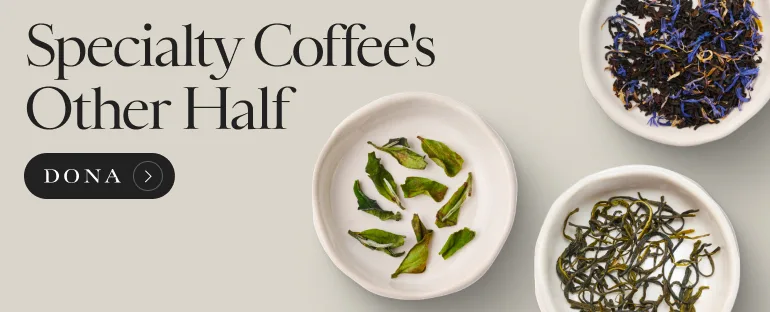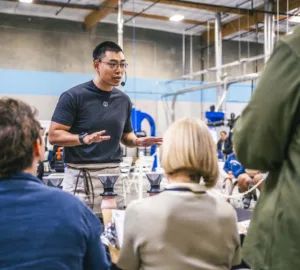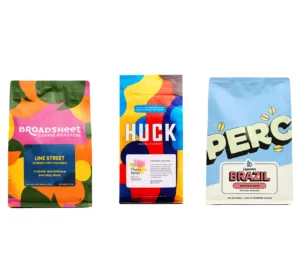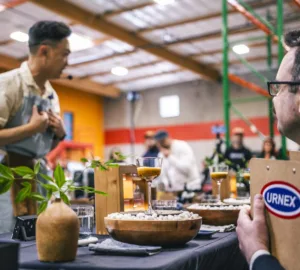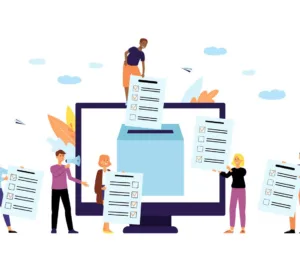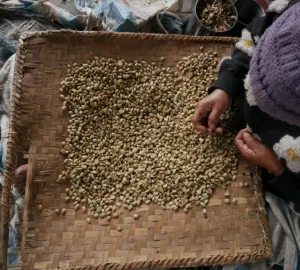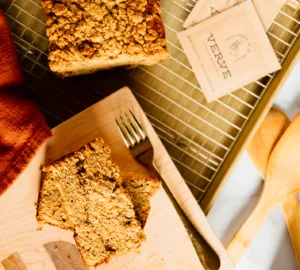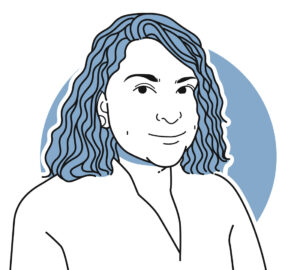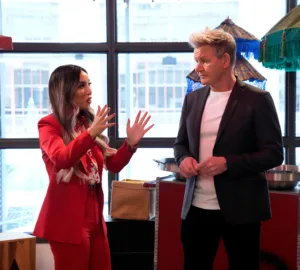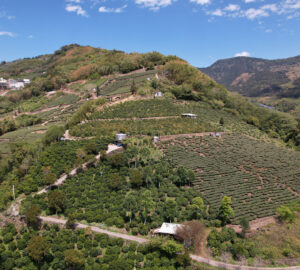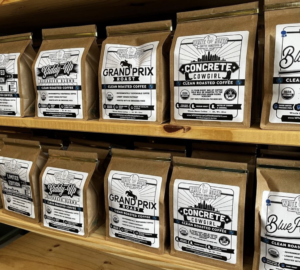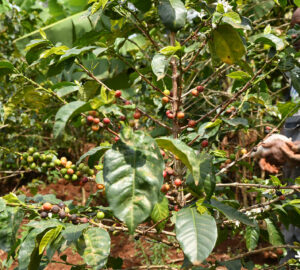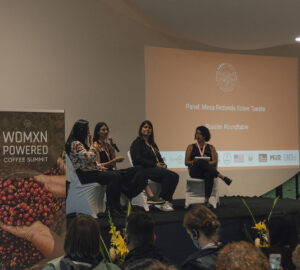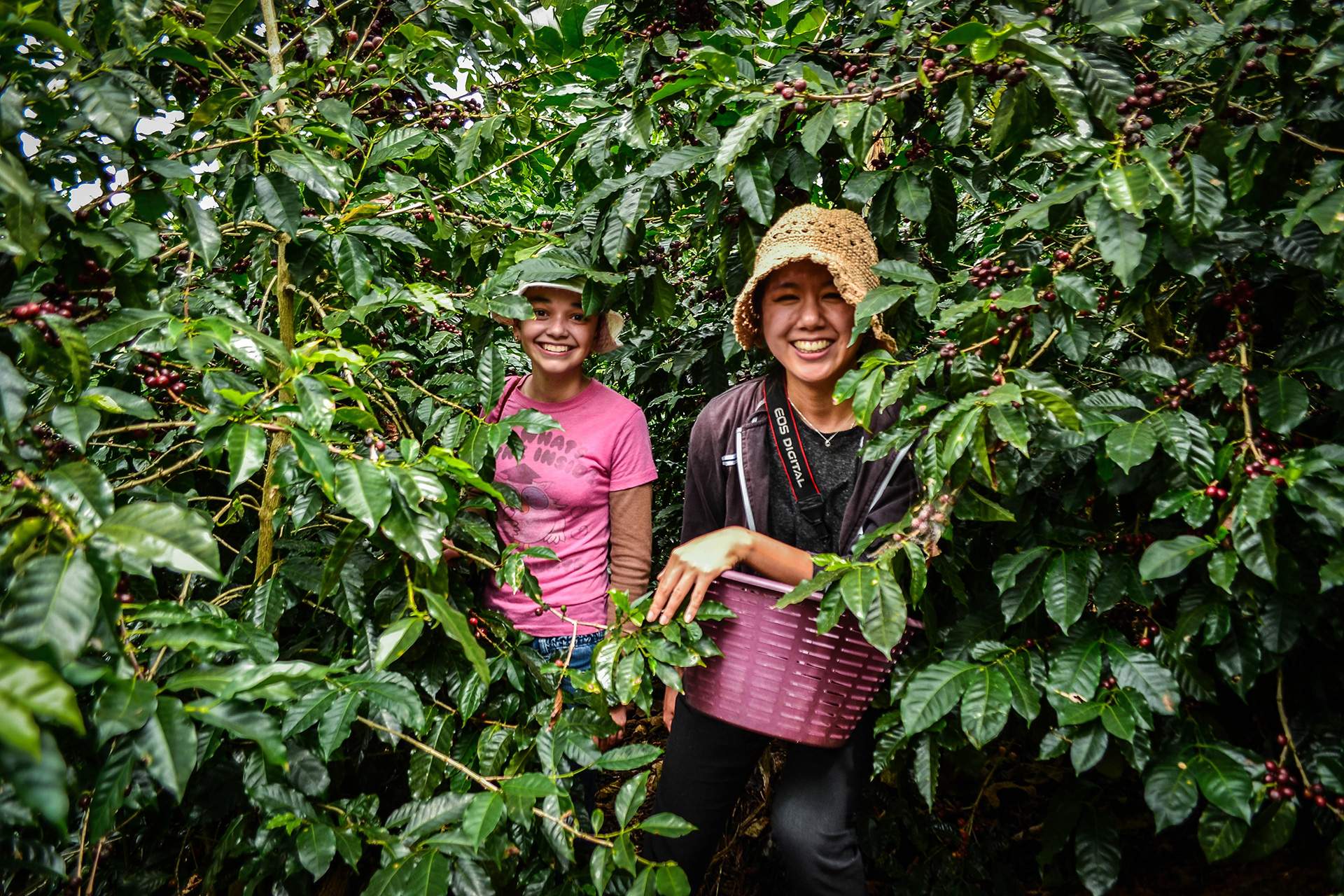
Sometimes the unexpected path takes you where you always meant to go.
From a short visit with local producers almost 10 years ago, Bean Voyage has developed far beyond its initial goals. It is now an ever-developing nonprofit organization that provides education in the coffee-producing world. The team’s work includes increasing access to training, finance, and markets for smallholder women coffee farmers, based in Costa Rica and Mexico.
“While it may not have been what we first imagined,” explains co-founder Sunghee Tark, “we are grateful for the opportunities to learn and grow as we stay true to our mission of building thriving businesses with smallholder women coffee producers.”
On their journey, the team has set up several projects and initiatives including the upcoming Womxn-POWERed Coffee Summit (this November in Costa Rica), as well as the Food Security Initiative and Más que un café.
I spoke with Abhinav Khanal and Sunghee Tark, the co-founders of the nonprofit to learn more about the organization’s origins, tackling gender inequality, climate action, empowering women farmers and their families, and where Bean Voyage is headed next.
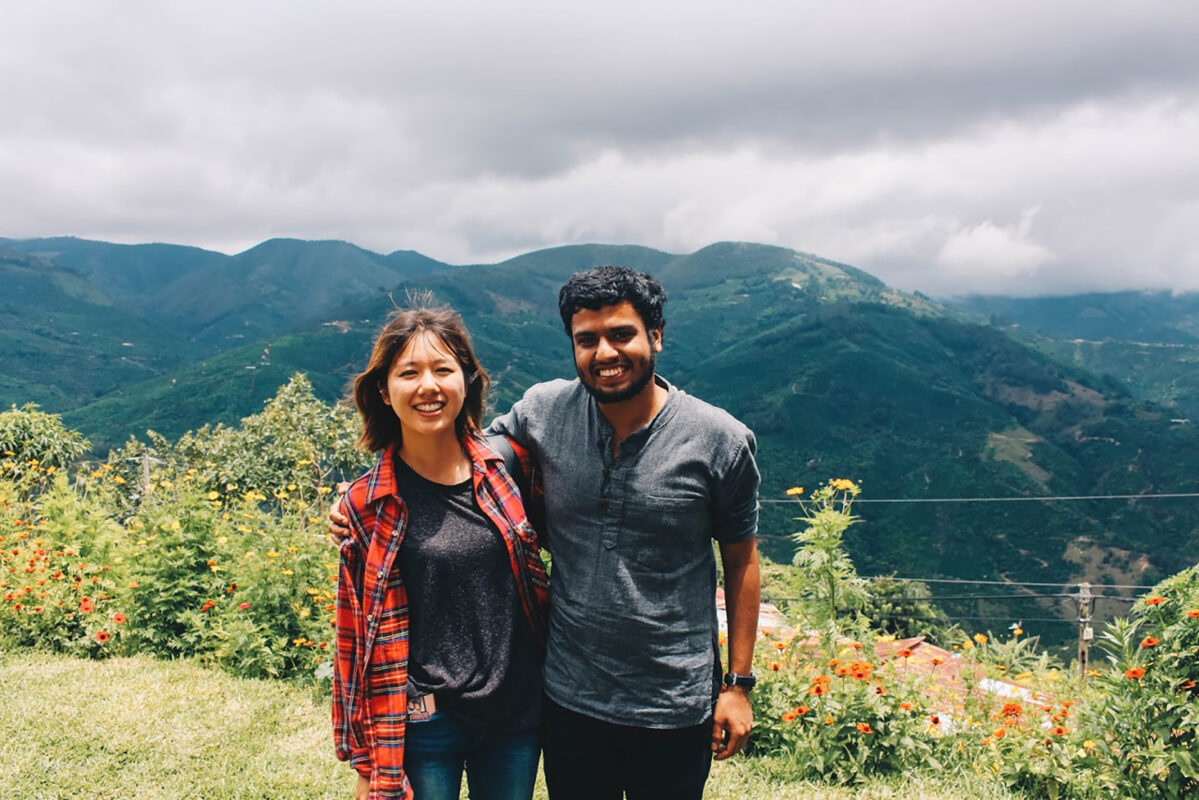
This interview has been edited and condensed for clarity.
How did Bean Voyage come to be?
We started in coffee by coincidence. Bean Voyage was an outcome of a community-focused project we lead with college friends. In 2014, we were part of a project to raise funds to build a sustainable community center in La Ribera, Costa Rica with local Nicol Chinchilla and her family. After raising the funds, we stayed close to the local Women’s Association there.
When we returned to finish our studies, we were fortunate to receive a scholarship to explore the other side of the coffee supply chain. In 2016, we returned to Costa Rica after graduating with a more serious purpose.
At the time, we didn’t know what Bean Voyage would become. We spent a few months staying with smallholder producers in various communities and began connecting with producers and farmers, including Ericka Mora. Ericka was the first farmer who saw something in us.
It was obvious to us the coffee industry had a structural problem due to its long history of exploitation. We thought Bean Voyage could help to reduce the gap in access to resources for smallholder producers. Over time, this idea, inspired by Nicol and Ericka, evolved to include eradicating the gender gap amongst producers and widening market access for farming communities. Now, our focus is on ensuring that smallholder women producers are equipped with the tools and resources they need to build thriving businesses for themselves, their families, and their communities.
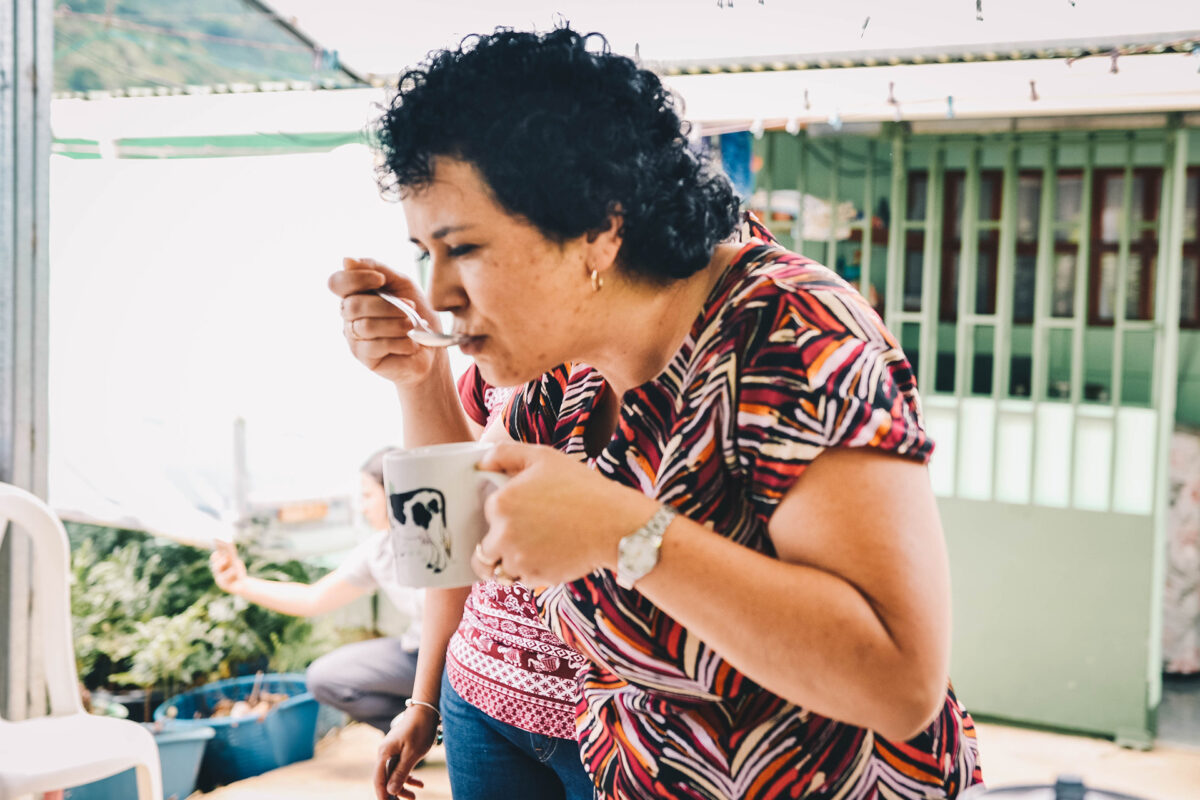
How has the running of Bean Voyage differed from how you had imagined it?
Running Bean Voyage has differed from our initial expectations in several ways. One of the most surprising aspects has been the need for constant adaptation and agility in our business model. As a community-focused organization, we have had to be responsive to the changing needs and environments of the communities we work with. The coffee industry itself is volatile, with factors such as climate change, regulations, and economic conditions affecting the landscape.
Before Bean Voyage became a registered non-profit, we had already gone through four versions of business plans. None of which fully align with what we do today. We realized the importance of proactively adapting our approach as we engaged with more people in the industry, including producers, other NGOs, and market partners. This helped us identify the gaps that exist within the industry and refine our strategies.
A significant challenge for adaptation was the onset of the pandemic. Instead of waiting for the lockdown to be lifted, we piloted the Colaboración Virtual 2020. We recognized that the pandemic exacerbated the issue of seasonal hunger, with many producers relying on supermarkets for their diet despite having access to land. We identified a clear interest among producers in growing food sovereignty but a lack of resources to start such projects. In response, we launched our Food Security Initiative in 2021.
Above all else, running the Bean Voyage has been an ongoing process of learning, iterating, and adapting.
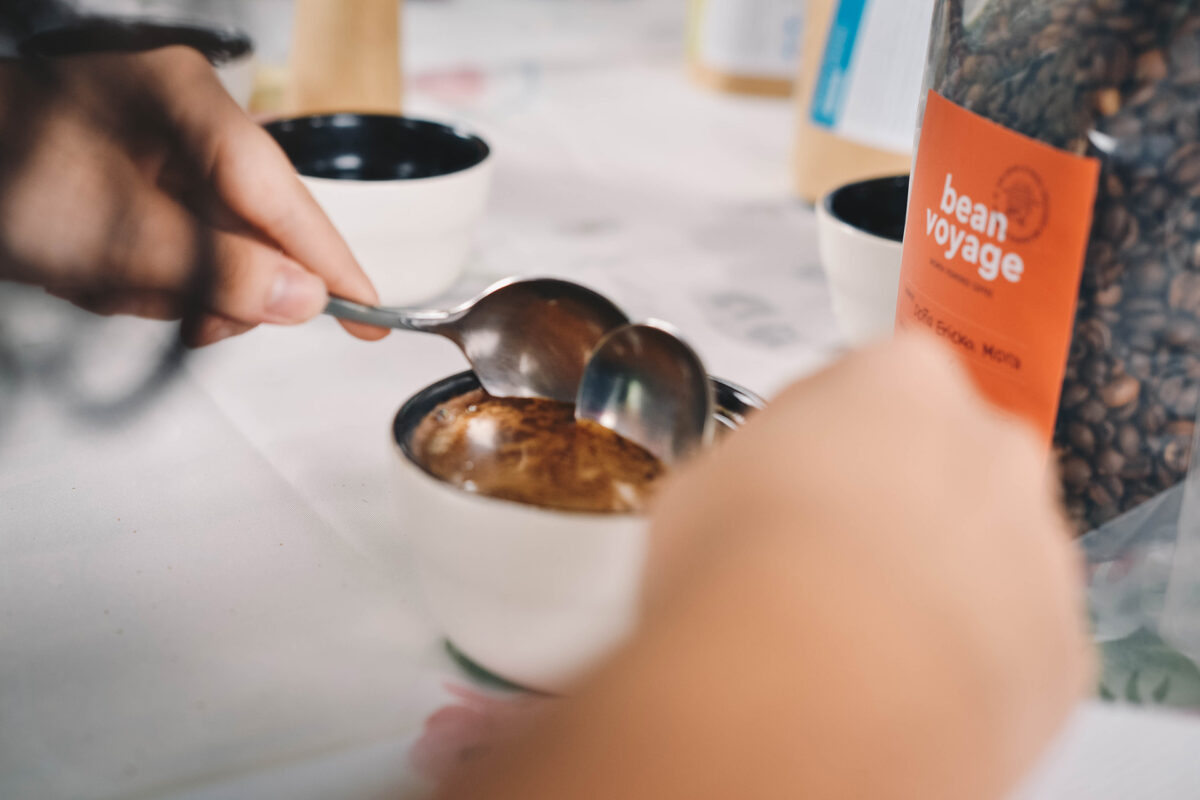
Can you tell me about some early challenges you encountered?
One significant obstacle was the resistance to the term “feminism” in rural communities. It could be a struggle to find ways to discuss gender issues that resonated with the local population. We also encountered some resistance from male-only boards of local cooperatives and associations. Some were initially apprehensive and believed that women producers should not participate, based on their historical records. However, we were able to prove them wrong. We encouraged the involvement of women producers by removing barriers such as inconvenient training hours and inaccessible locations
Early on, we faced instances where we were not given the respect we deserved. We were laughed at for wanting to work with women in coffee. It would be a lie to state that everyone in the industry is now as invested in making coffee more inclusive and accessible, but the resistance is reduced.
Can you tell us more about how you tackle gender inequality at farms and other levels within the coffee industry?
Absolutely. We start by creating an inclusive and accessible environment for women to come together and learn. Our cohort-based programs bring women producers from similar regions together in small groups, fostering a sense of community and connection.
We believe that democratizing access to resources is essential to addressing gender inequality in coffee. We recognize that many women in our network are not landowners, yet they play crucial roles in coffee farming. To address this, we reimagine the distribution of resources and work to shift dynamics through specially curated training programs, offering small grants to facilitate market access, and mentorship from other women in the community.
Furthermore, we recognize the importance of addressing regressive cultural norms and practices that undermine women in the coffee industry. By highlighting the vital contributions of women in coffee, advocating for their rights, and calling for greater recognition in farming communities and beyond; we strive to change perceptions and promote gender equality and create an environment where women are valued, respected, and have equal opportunities to thrive.
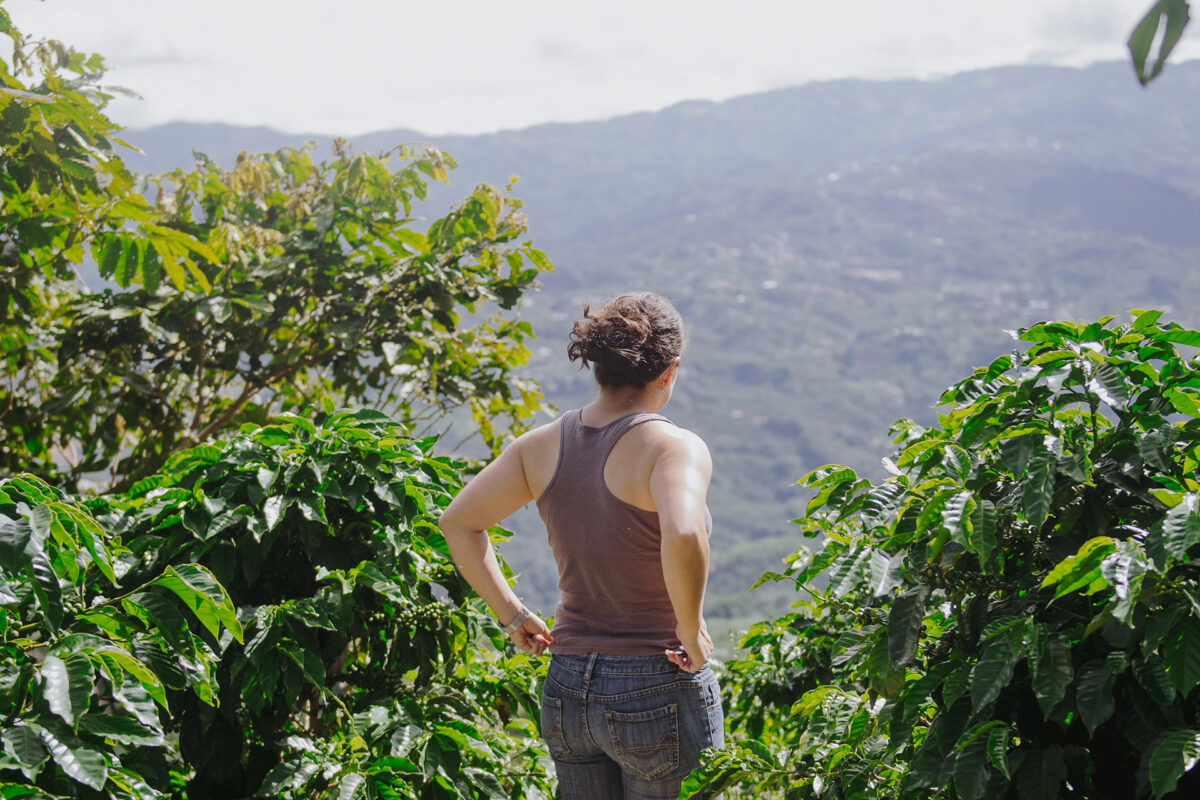
Where do you hope to see the nonprofit in the following years?
In terms of our program and its growth, we want to help equip 1,500 women farmers with essential skills for success by 2025. This includes providing over $100,000 in seed funds for their businesses’ growth toward a sustainable future. We want to continue fostering a culture of continuous learning and personal development within the team, enhance our governance and strategic guidance and continue engaging producers.
Ultimately, our vision is to ideate and implement initiatives so successfully that our work becomes eventually becomes obsolete.
Thank you.
Susie Kealy (@susiebootz) is a freelance journalist and coffee professional based in Dublin. Read more Susie Kealy for Sprudge.













